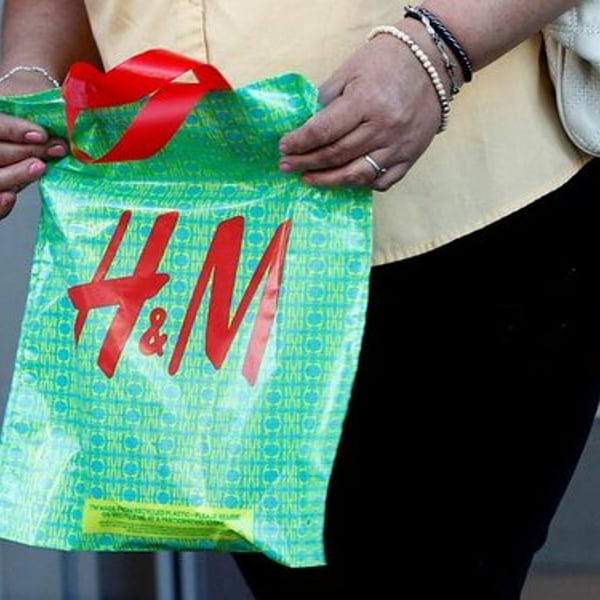By
Reuters API
Published
Dec 16, 2023
During Paris Fashion Week, pop icon Cher, Swedish singer Robyn and South Korean DJ Peggy Gou performed at Silencio nightclub to a crowd of actors and models including Jared Leto, Elle Fanning and Irina Shayk.
All were wearing shimmering outfits from H&M‘s latest collaboration, a collection with the brand of late fashion designer Paco Rabanne, who pioneered the use of metal chainmail and sequins in fashion in the 1960s.
The star-studded event hosted by the Swedish fashion retailer is an example of its pitch to more aspirational shoppers as it tries to build back profit margins and move away from direct competition with fast-fashion giant Shein.
The rapid growth of the China-founded online retailer, which sells $8 dresses, $5 t-shirts and $2 jewellery, is upturning the industry.
According to Coresight Research, Shein, which plans an IPO next year, is now the world’s biggest fast-fashion retailer with an estimated 18% market share, followed by Zara owner Inditex with 17% and H&M with 5%.
What’s more, Shein is threatening those players in their core region: its app has more European than U.S. users, according to data.ai, and has more than doubled its number of monthly active users in the region to 65.5 million since January 2022.
“There’s no doubt that Shein is a disruptor. They have come into the market and grown very fast, which I’m sure has surprised H&M,” said Adil Shah, portfolio manager at Storebrand in Oslo, which holds H&M shares.
H&M’s sales fell 4% in its fourth quarter, losing ground to Zara, whose parent company Inditex saw sales growth of 7% for its most recent quarter.
When inflation drove costs up last year, H&M was slower to raise its prices than Zara as its customer base is, on average, more price-sensitive.
But this year, price increases and reduced discounting helped it raise its operating margin to 5.9% for the first nine months of its financial year from 3.9% over the same period last year.
Alistair Wittet, portfolio manager at Comgest in Paris, said H&M, Gap, and other traditional high-street brands are all losing market share to Shein, but that Zara is less directly threatened as its customer is more white-collar.
“I would be very surprised if Zara were to lose share in the coming years,” Wittet said. “I don’t doubt that Shein will grow faster, but Zara will continue to outperform the broader apparel industry.”
In seeking to attract more aspirational shoppers, H&M is following in the footsteps of its Spanish rival, which has successfully boosted its image through store upgrades and marketing.
Investors seem optimistic that H&M can hit its target of a 10% operating margin in 2024 – its shares are up nearly 60% this year, beating Inditex. Still, Zara’s parent has a higher valuation than H&M.
Shah, at Storebrand, said H&M is also working to bring new collections to the market faster to better compete with Zara and the likes of Shein.
The Rabanne collection shows H&M is trying to differentiate by elevating its brand and increasing the fashion component of its assortment, said Barclays analyst Nicolas Champ, as it responds to Shein’s rapid growth making the budget part of the market much more competitive.
H&M says its designer collaborations “clearly show that design and sustainability are not a matter of price”, but its price points are far higher than the average for the retailer.
The collection includes a metallic mesh dress made of aluminium for $749, a sequin disc mini-dress for $399, purple sequin trousers for $299, and silver cowboy boots for $399.
Price increases could make H&M less competitive, analysts at RBC said – but they added good performance from its premium brand Cos suggests there is demand for higher-priced products.
© Thomson Reuters 2023 All rights reserved.







